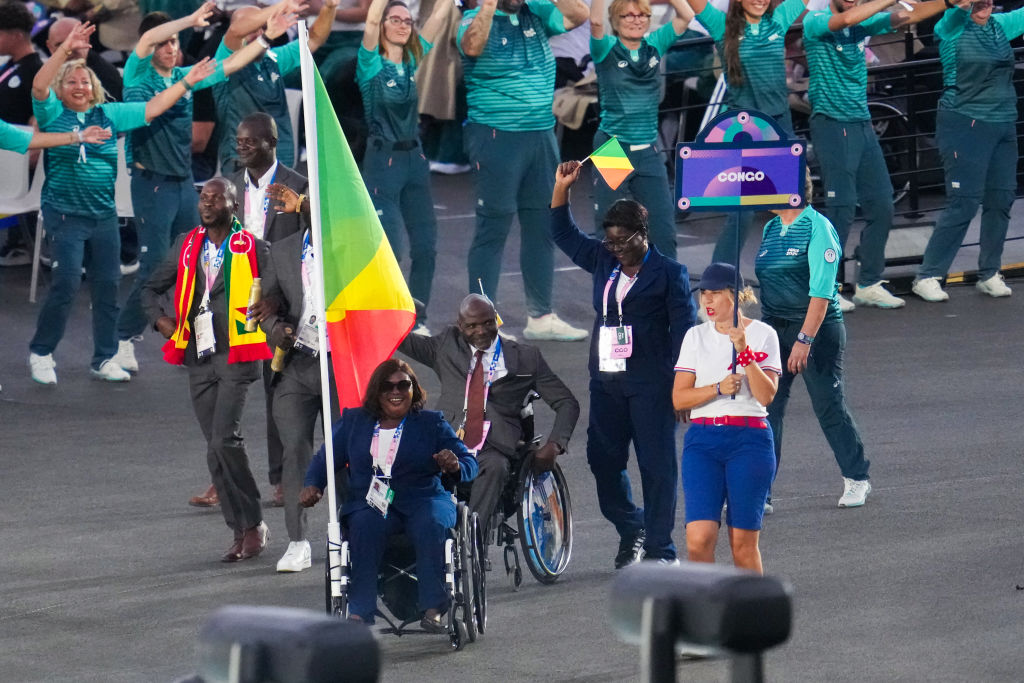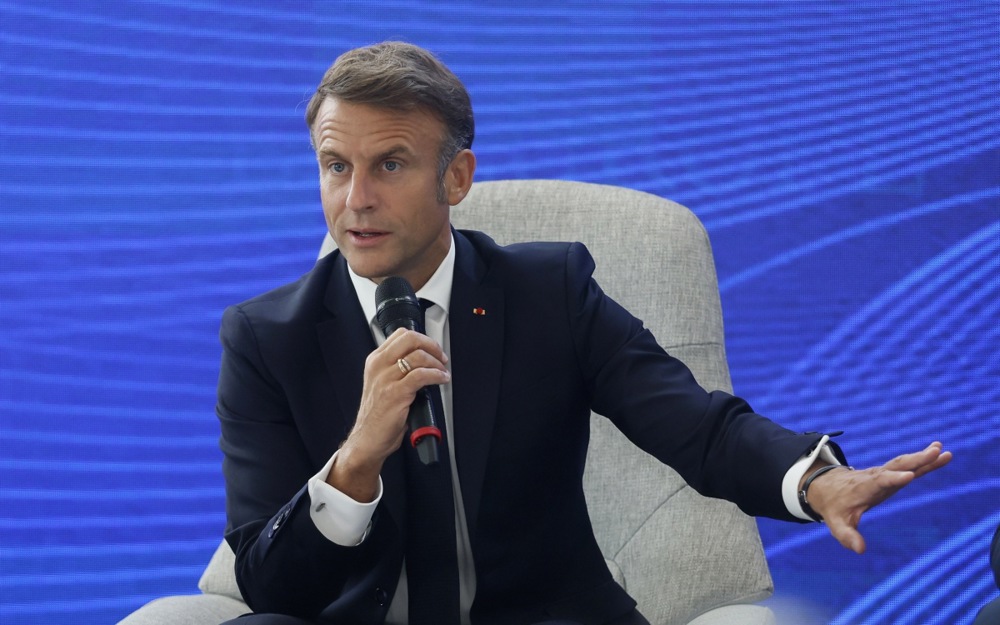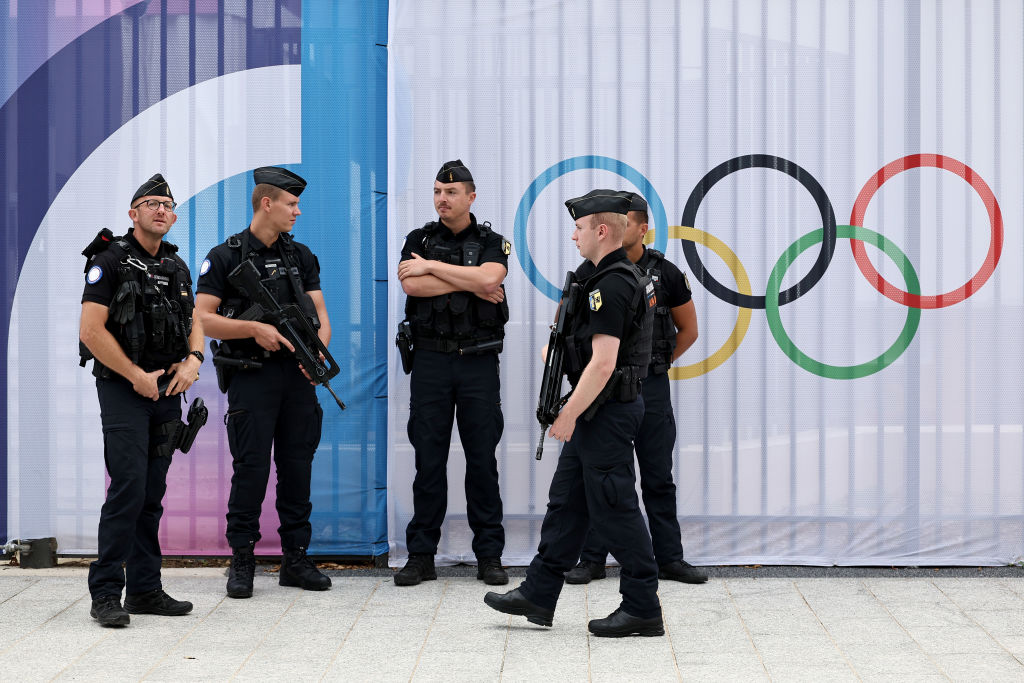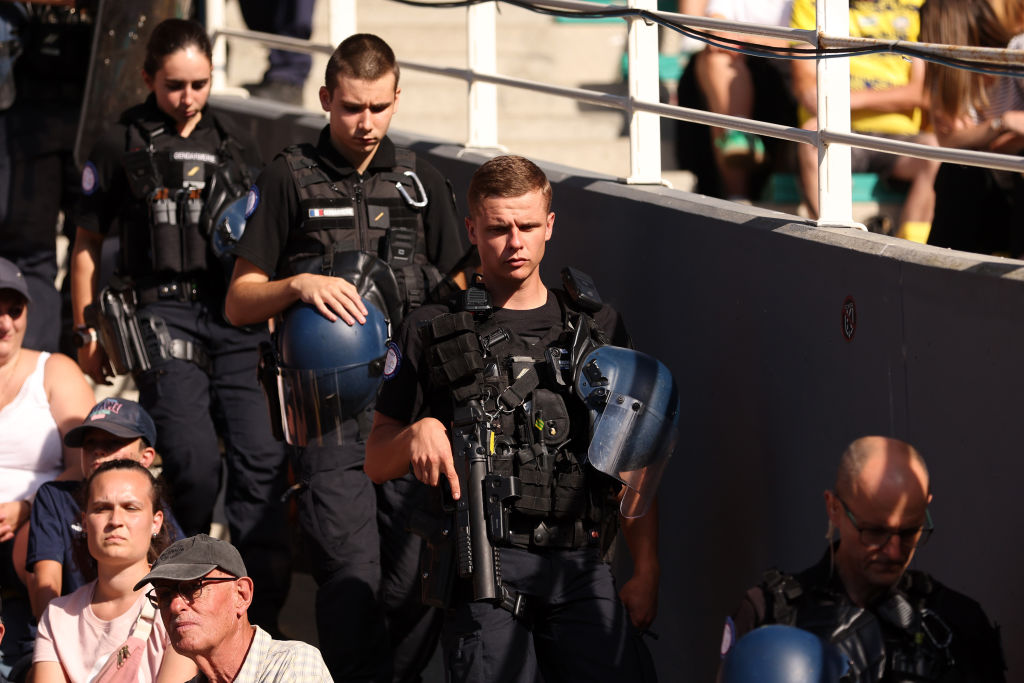The AI-powered mass-surveillance system put in place to protect the 2024 Paris Olympics is set to be made a permanent part of France’s security infrastructure, according to French news outlets.
On October 2, interior ministry documents were reported to indicate that the intention is now to expand the formerly temporary system across the country, a move said to have the backing of Prime Minister Michel Barnier.
That was despite the ministry having previously promised the measures would be phased out after the completion of the games.
Speaking at the French parliament, Barnier confirmed he was in favour of “generalising the method tested during the Olympic Games.”
Authorities are now expected to present a report before the end of 2024 advocating for such an expansion.
The Parisian Police Department has announced it will trial new so-called algorithmic video surveillance systems at public transportation venues throughout Paris ahead of the forthcoming Summer Olympic Games. https://t.co/rXvyzuRWgA
— Brussels Signal (@brusselssignal) April 18, 2024
While the AI-powered security system deployed in Paris was in line with European Union laws by not including facial recognition capabilities, it included a host of other abilities aimed at automating video surveillance.
These were reported to include the ability to detect “fires, abandoned objects, crowd movements, weapons, excessive densities, a person on the ground, vehicles or individuals going the wrong way or in sensitive or prohibited areas.”
Even before the October 2 disclosure, critics of the system had been warning that authorities would likely want to make the surveillance system a permanent feature of French society.
On September 26, the national newspaper Le Monde wrote in an editorial that the “experimental” use of the system during the Olympics and other major events over the past two years indicated that state-actors were looking to take a “foot-in-the-door” approach to normalising the idea of mass surveillance in the minds of the public.
“A controversial security measure, which may infringe on civil liberties, is tested at an exceptional event, then extended and made permanent without being evaluated or discussed again,” the publication wrote.
Le Monde added that the capabilities of the system were still up for debate and expressed concern that “its ability to analyse human behaviour does not seem to live up to the promises of the companies promoting it.”
“Any deployment of new surveillance tools presupposes transparency and discussion on the expected results,” the newspaper said.
“It would be paradoxical if the ‘enchanted interlude’ of these Games were to pave the way for abuses, in the very country that prides itself on having celebrated, on this occasion, before the whole world, citizens’ freedoms.”
French security services have reported they prevented several terrorist attacks during the Paris Olympics and Paralympics Games. https://t.co/cj0KVNeaxT
— Brussels Signal (@brusselssignal) September 12, 2024





